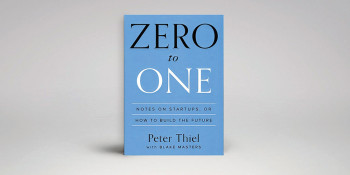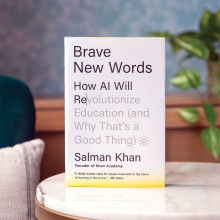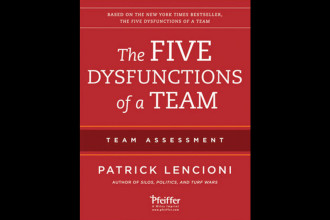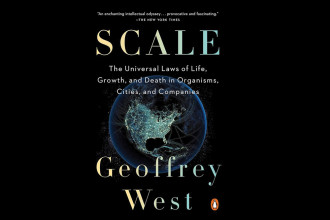
It’s rare for economists to highlight how little is known about which policies and institutions fuel economic growth and prosperity. But in their latest book, Good Economics for Hard Times, Nobel Prize-winning economists Esther Duflo and Abhijit V Banerjee do exactly that. And it’s this quality of humility and courage, espoused throughout their writing, that inspires confidence and curiosity in what they have to say about other, potentially more important, issues.
Each chapter of the book tackles a big question of global relevance – many of which the reader has likely pondered or even debated over the dinner table. Questions like: should people vote for politicians that favour immigration? How might we avert climate Armageddon? Does welfare or cash handouts make people lazy? And what impact will automation have on jobs and welfare? Despite the contentious and divisive nature of these topics, the authors manage to orchestrate a balanced debate, engaging with the entire spectrum of research, evidence and public opinion.
Their approach is to synthesise the results of empirical work on these topics primarily through randomised controlled trials (RCTs) and natural experiments. These are studies in which people are allocated at random to either receive an intervention (usually a product or service) or be part of a control group that receives no intervention at all. The aim is to measure and compare the outcomes of those that did receive the intervention and those that didn’t. The findings of these studies are then compared to what is predicted by economic theory, often revealing stark differences.
Whilst this would probably not surprise those acquainted with the study of economics, the implied nullification of key economic concepts and theories calls for a marked shift in the way economics is taught, studied and interpreted.
Author: Abhijit V Banerjee and Esther Duflo
READ ALSO:
Published Date: May 2, 2022, 12:00 am
Post Comment
E-Magazine
RELATED Books





